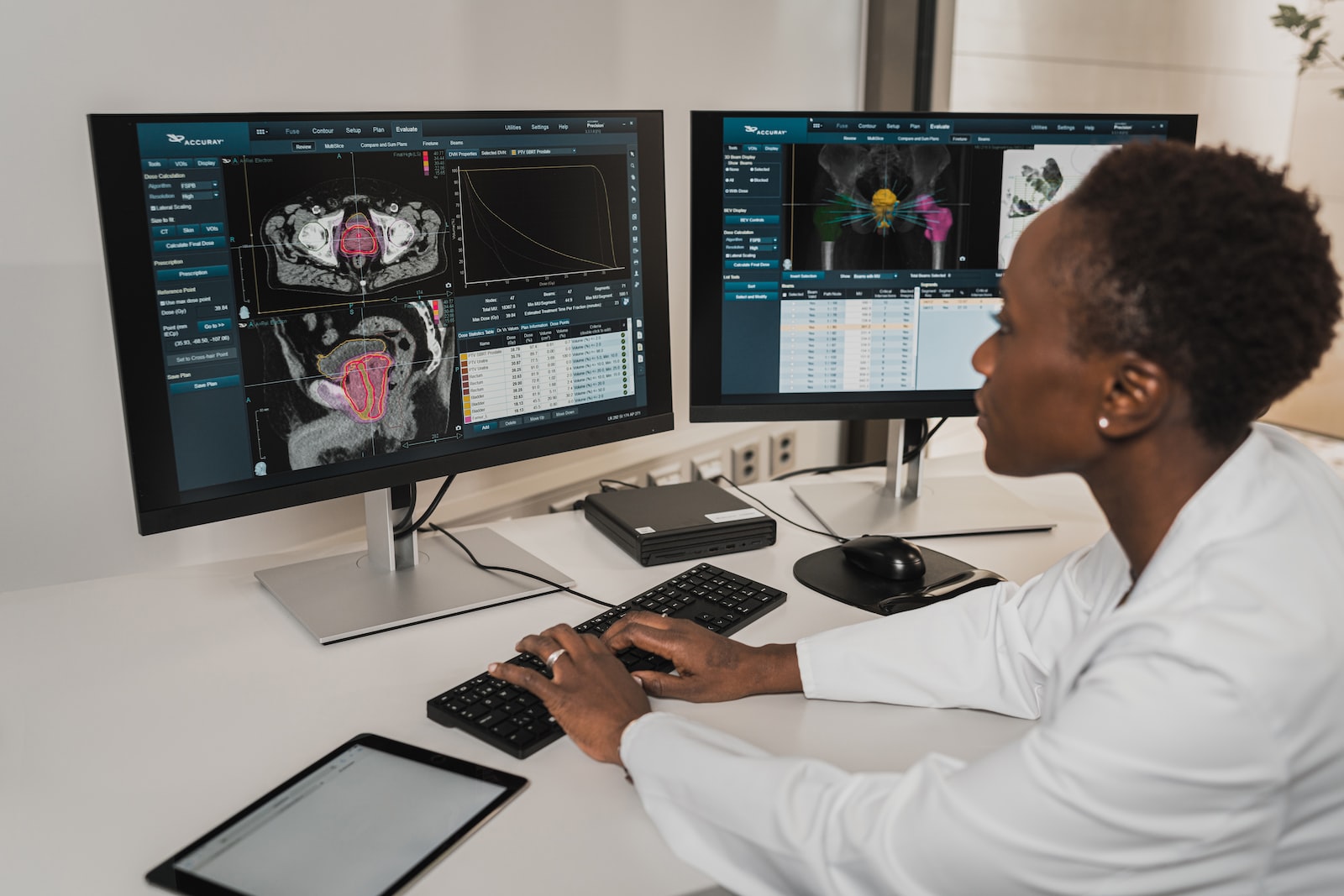The healthcare industry is no stranger to innovation. Over the years, we’ve seen advancements in everything from medical imaging to telemedicine. But as technology continues to evolve, there are a few innovations that are poised to have an even greater impact on healthcare in the coming years. Here are five innovative technologies that will revolutionize the future of healthcare:
- Artificial Intelligence
Artificial intelligence (AI) is one of the most promising technologies in healthcare today. AI-powered systems can analyze vast amounts of data and identify patterns that might not be immediately apparent to human doctors. This can help doctors diagnose diseases more accurately, develop personalized treatment plans, and even predict which patients are at risk for certain conditions.
For example, AI algorithms can analyze medical images like CT scans and MRIs to help doctors identify abnormalities that might be missed by the human eye. This can lead to earlier detection of diseases like cancer, which can dramatically improve patient outcomes.
- Wearable Technology
Wearable technology has been around for several years, but it’s only recently started to make a significant impact in healthcare. Wearable devices like fitness trackers and smartwatches can monitor a patient’s heart rate, blood pressure, and other vital signs in real-time, providing doctors with valuable data that can be used to monitor and manage chronic conditions.
Wearable devices can also be used to monitor patients remotely, reducing the need for frequent hospital visits. This is particularly useful for patients with chronic conditions who require regular monitoring, but who may not be able to visit their doctor’s office on a regular basis.
- 3D Printing
3D printing has the potential to revolutionize the way medical devices are made. With 3D printing, medical devices can be customized to fit a patient’s unique anatomy, which can improve the efficacy and comfort of the device.
For example, 3D printing can be used to create customized prosthetic limbs that fit the patient’s body perfectly. It can also be used to create implants like hip replacements that are tailored to the patient’s specific needs.
- Virtual Reality
Virtual reality (VR) is still in its early stages, but it has the potential to transform the way doctors are trained and patients are treated. VR can be used to simulate complex medical procedures, giving doctors the opportunity to practice before they perform the procedure on a live patient.
VR can also be used to help patients manage pain and anxiety. For example, VR can be used to create immersive environments that distract patients from the pain and discomfort associated with medical procedures.
- Blockchain
Blockchain is a decentralized, secure ledger that can be used to store and share medical data. With blockchain, patients can control who has access to their medical records, ensuring that their data remains private and secure.
Blockchain can also be used to streamline the healthcare billing process, reducing the administrative burden on healthcare providers and improving the accuracy of billing information.
In conclusion, these innovative technologies are poised to revolutionize the future of healthcare. From AI and wearables to 3D printing and blockchain, these technologies have the potential to improve patient outcomes, reduce costs, and transform the way healthcare is delivered. As these technologies continue to evolve and become more widely adopted, we can expect to see even more advancements in the years to come.




